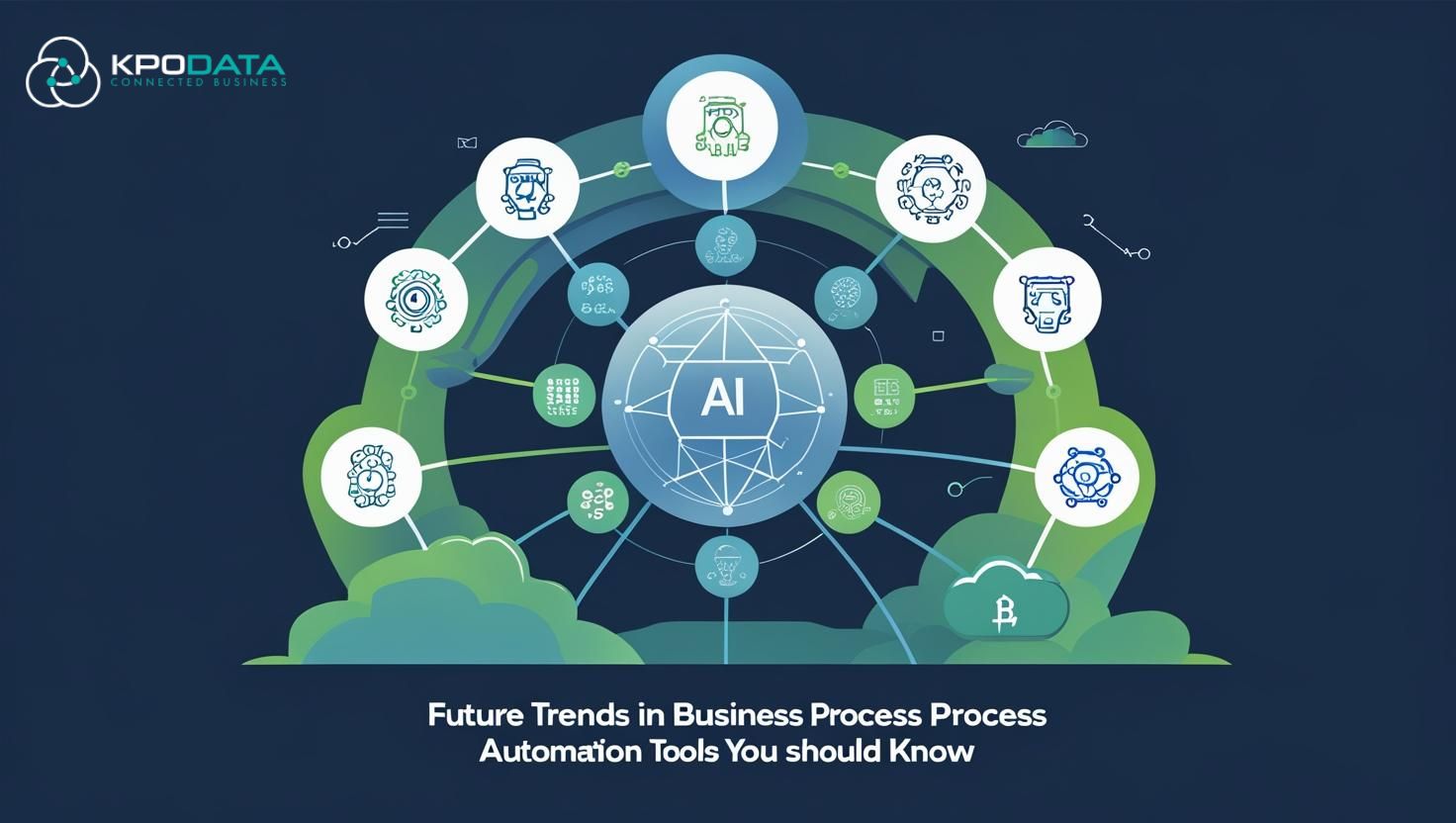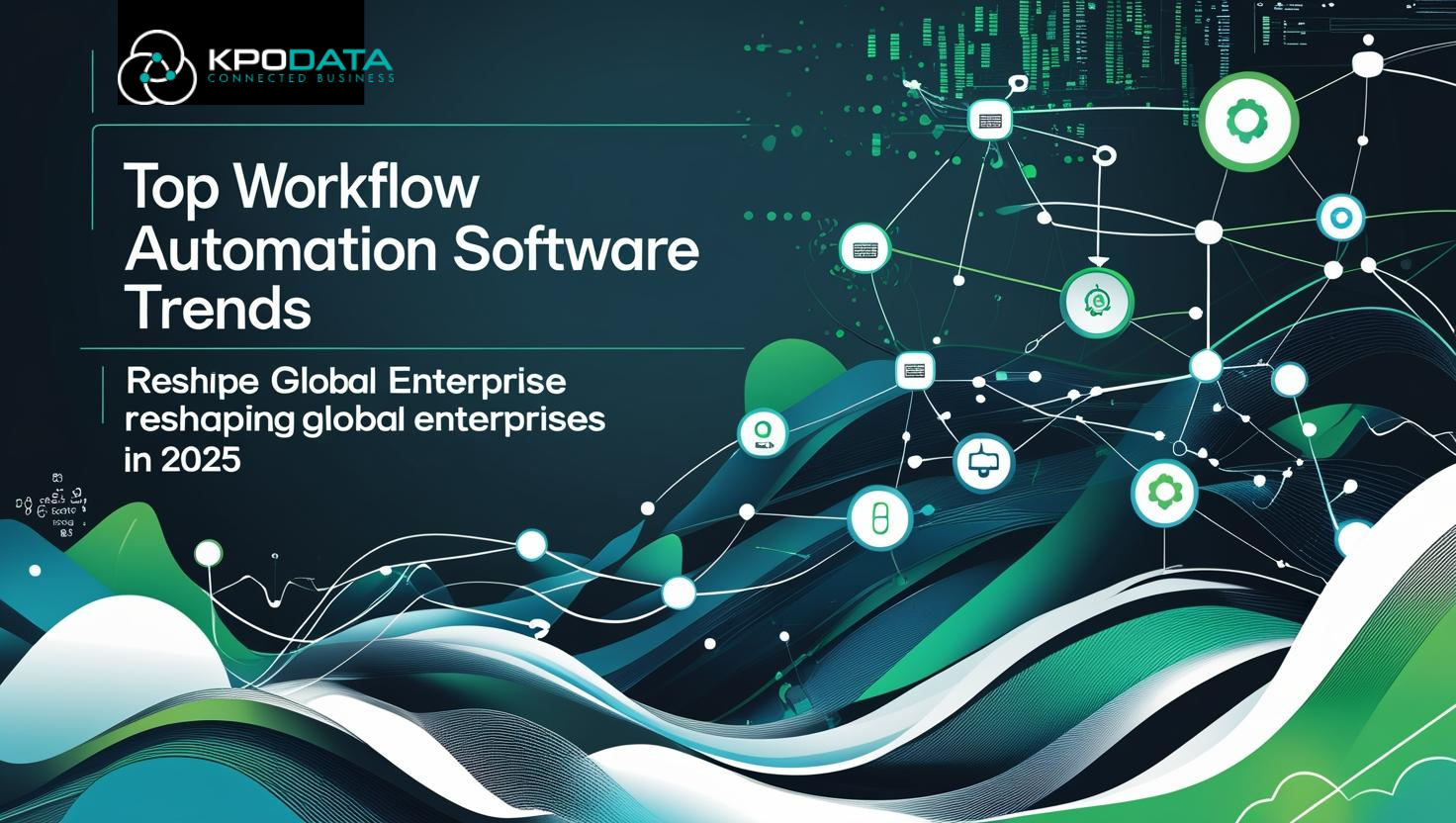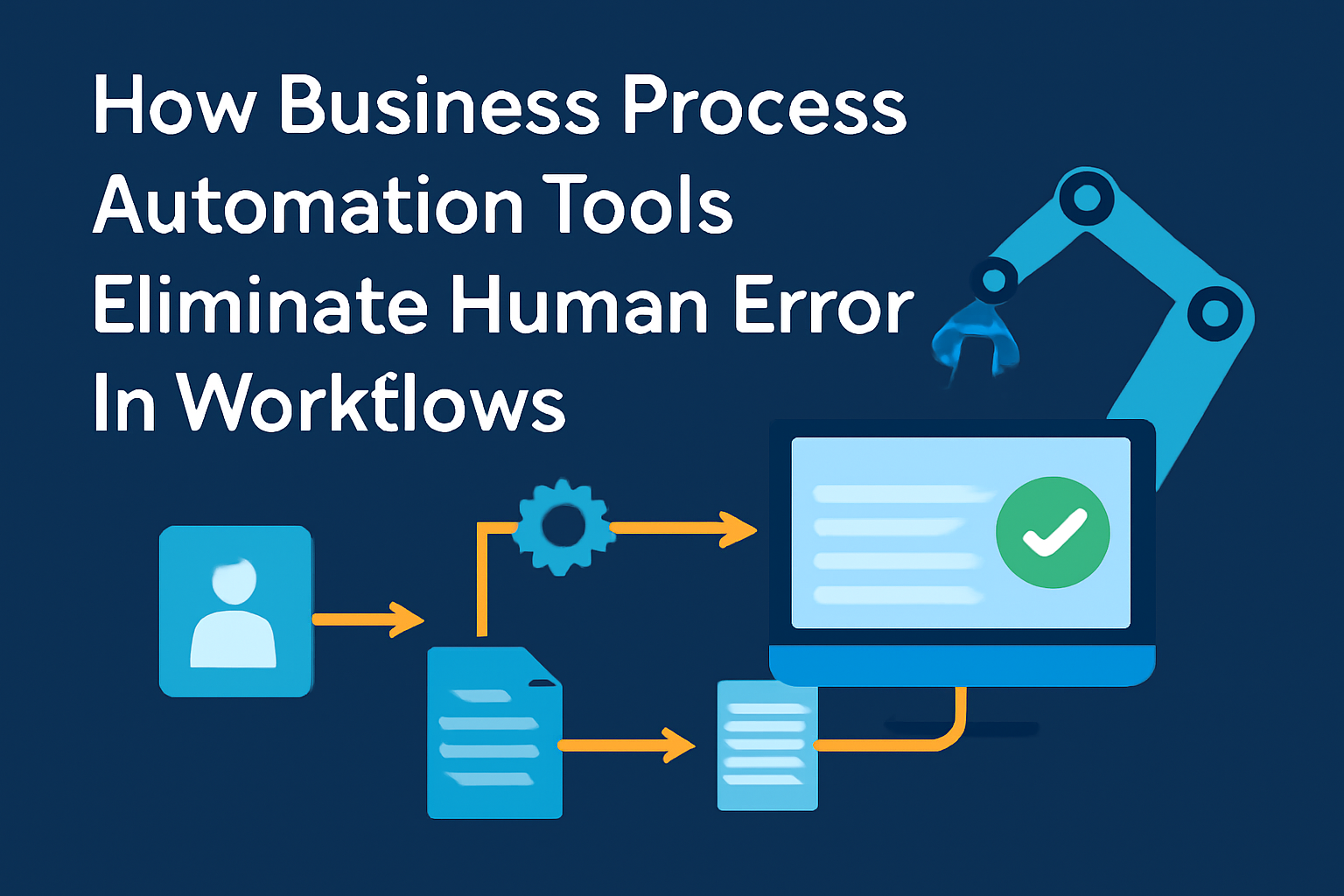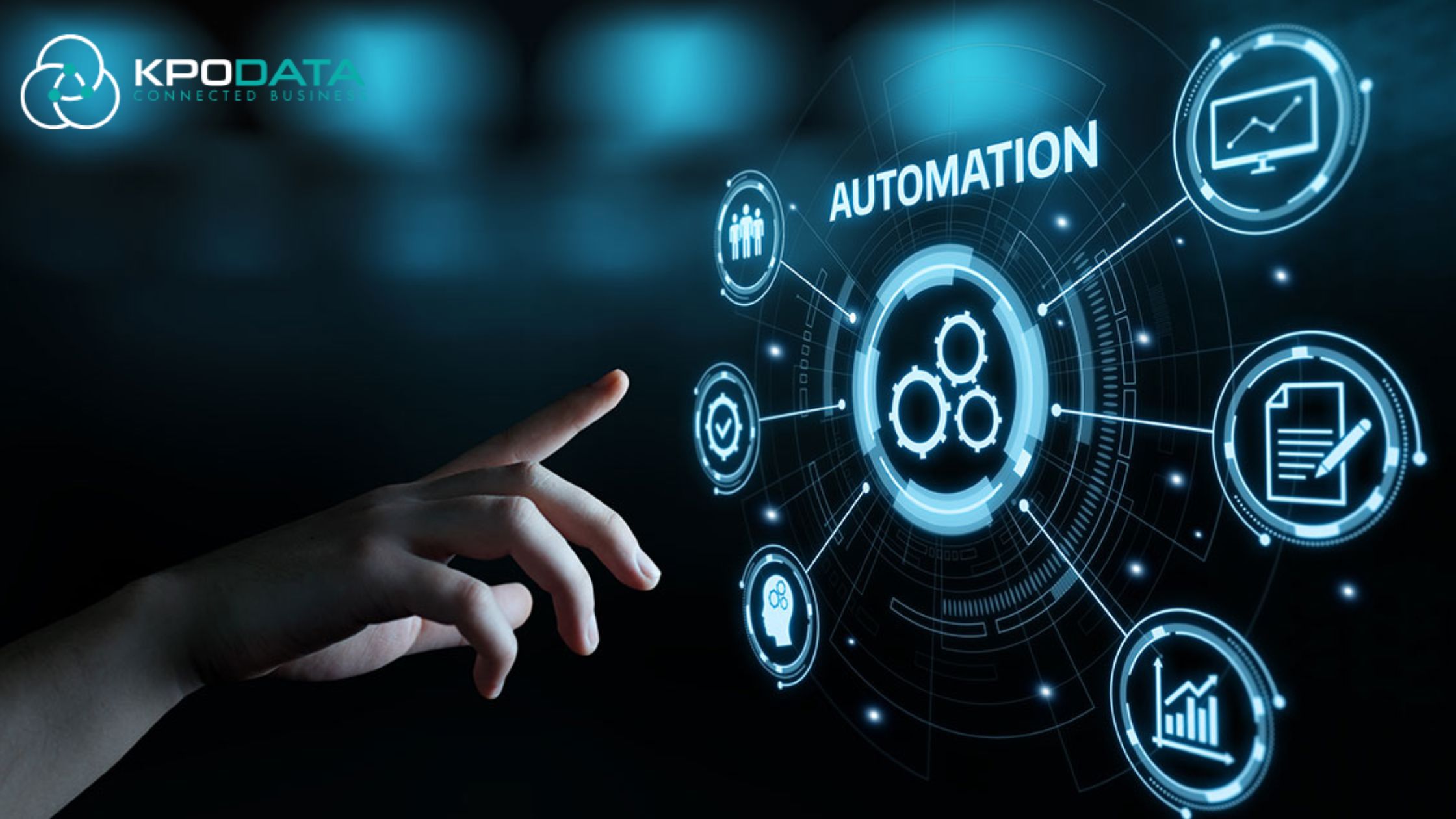
Businesses today face rising pressure from inefficiencies, costly human errors, and customer demands that change faster than traditional systems can handle. Manual processes drain valuable time and resources, while competition leaves no room for delays. What’s emerging now is a new era of AI-powered business process automation tools that goes beyond simply moving faster—it unlocks intelligence within workflows, enabling organizations to think, decide, and act in real time.
The future of automation is not about replacing people but about creating intelligent, connected systems that free employees from repetitive tasks and help leadership make smarter, data-driven decisions. Below are the most transformative trends shaping the next wave of business process automation.
The Transformative Future of Automation
Automation in the coming years will do far more than speed up workflows. It will enable organizations to respond to shifting demands in real time while uncovering intelligence hidden within connected data. These trends are shaping how businesses will operate tomorrow.
AI-Driven Workflows That Learn and Adapt
AI is rapidly becoming the decision-making engine behind modern automation tools. Instead of simply executing predefined tasks, AI-enabled workflows can learn from patterns, adapt to shifting conditions, and recommend improvements.
A customer service team could rely on AI to predict surges in inquiries and automatically reassign resources to reduce waiting times.
Finance departments could use predictive analytics to flag risky transactions before they turn into losses.
This shift moves automation beyond efficiency—it creates self-improving processes that strengthen business resilience.
Connected Data for Smarter Decisions
Automation has always depended on data, but the future belongs to platforms that connect and interpret data across internal systems. By integrating CRM, ERP, HR, and supply chain workflows, businesses gain a complete picture of operations.
Instead of fragmented dashboards, imagine an intelligent system that:
- Alerts HR when employee performance drops due to process inefficiencies.
- Warns procurement about supply risks using real-time logistics and market data.
- Automatically generates compliance reports without human intervention.
- The power lies in data connectivity that drives action, not just reporting.
Easy-to-Deploy Automation Tools
Complex development-heavy solutions often prevent organizations from adopting automation at scale. The trend now is toward user-friendly automation platforms that allow business teams—not just IT—to design and manage workflows.
These solutions reduce dependency on developers while enabling faster rollout of new processes. A marketing manager could set up a customer follow-up workflow without writing a single line of code, while operations leaders could quickly adapt approval flows to changing policies.
The result is greater agility without high implementation costs.
Hyperautomation as a Unified Strategy
Future-ready organizations will no longer rely on isolated automation tools. Instead, they will embrace hyperautomation—the combination of AI, robotic process automation, data connectivity, and advanced analytics into one seamless strategy.
This approach eliminates silos and enables end-to-end automation, from capturing customer data to reporting and decision-making. A supply chain could be monitored from order placement through delivery, with AI flagging issues and triggering corrective action without human input.
Hyperautomation isn’t just about speed—it’s about creating a fully integrated digital backbone.
Conversational AI and Intelligent Assistance
Automation is becoming more human-like with AI-powered conversational interfaces. Chatbots, virtual assistants, and voice-based tools are no longer just answering FAQs—they’re guiding employees through workflows, assisting customers with complex transactions, and even escalating issues to the right teams automatically.
This trend reduces training costs, shortens adoption time, and ensures smoother interaction with both employees and customers.
Cloud-First and Secure Automation
As businesses expand globally, cloud-native automation tools are emerging as the default choice. They offer scalability, real-time updates, and stronger security without the need for heavy infrastructure investment.
Organizations benefit from instant access to the latest AI models, compliance features, and security updates—ensuring they remain competitive and protected in a rapidly changing environment.
Built-In Compliance and Audit Readiness
With regulators scrutinizing digital systems, the future of automation includes compliance-first design. AI-enabled monitoring, automated audit trails, and intelligent reporting will ensure organizations stay compliant without slowing operations.
For industries like finance, healthcare, and logistics, this means less risk, faster certifications, and reduced time spent on manual documentation.
Real-Time Collaboration Inside Workflows
Future platforms will integrate collaboration features directly into workflows, making decision-making transparent and faster. Employees will be able to co-edit processes, share live data, and adjust tasks in real time.
This evolution goes beyond video meetings—it creates shared digital workspaces where human expertise and AI-driven insights combine seamlessly.
The Future Is Intelligent, Connected, and Adaptive
The next phase of business automation will not be defined by speed alone but by intelligence, connectivity, and adaptability. Companies that embrace AI-driven automation will gain the ability to predict, decide, and act faster than competitors.
KPODATA is committed to guiding organizations through this transformation—helping them unlock the potential of AI-powered workflows and prepare for a future where business operations are not just automated, but truly intelligent.
Get in touch with KPO DATA today to start your journey into the future of intelligent automation.





